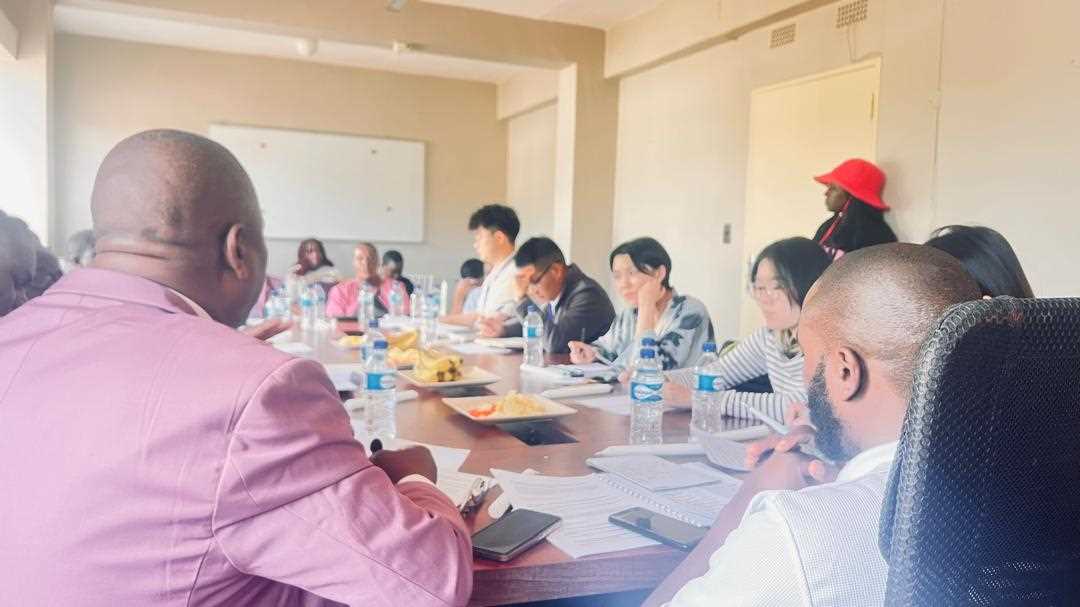
Zimbabwe’s long-running friction points with Chinese investors may never be solved by courts, police interventions, or diplomatic communiqués alone. The clearest message out of this week’s Ubuntu Forum in Harare is both simple and radical:
Zimbabweans and Chinese must lead the healing of their own conflicts.
Hosted by the Zimbabwe China Business Association and the Zimbabwe Bishop Fellowship, the second edition of the forum moved beyond blame-casting to tackle a more difficult truth — most tensions in mining communities, workplaces and neighbourhoods are rooted in cultural misunderstanding, not malice. And unless both sides take ownership, the cycle of suspicion, outrage, and online hostility will continue.
THE PROBLEM: When Growth Meets Culture
Zimbabwe’s economic uptick — particularly in mining — rests heavily on Chinese investment. But as operations expand into rural and peri-urban areas, clashes over land, workplace norms, and communication styles have intensified.
- Communities accuse some investors of disregarding traditional protocols, environmental care and local leadership.
- Chinese employers complain about misunderstandings around labour practices, religious observances, and communication barriers.
- Social media amplifies the worst cases, often painting all investors or all communities with a single brush.
The result? A trust deficit that threatens both local livelihoods and national development ambitions.
WHAT THE FORUM HEARD: Misunderstanding Is Driving Conflict
1. Cultural beliefs vs. non-religious norms
Media consultant Chido Kuwana pointed to a core tension: Zimbabwean society is deeply spiritual; much of China is not.
In communities where ancestral land carries spiritual obligations, mining without traditional clearance ceremonies creates resentment.
“People end up making decisions with bitterness,” Kuwana said.
“Authorities sometimes approve operations without respecting cultural practices.”
2. The need for cultural intelligence
Xuezhi Du, deputy director of the Zimbabwe–China Exchange Center, urged Chinese and Zimbabwean organisations to invest in cultural-intelligence training.
“Take time to learn other countries — language, food, dressing. It reduces conflict,” he said.
This mirrors international best practice: in places like Malaysia, Singapore and Ethiopia, Chinese firms already run cultural-bridging and translation programmes that reduce worker disputes.
3. Healing begins in the mind
Bishop Shadrek Charakupa framed conflict resolution as an internal process:
“We need to cleanse our minds first. All good or bad comes from the mind.”
His message echoed the forum’s Ubuntu theme — peace begins with attitude shifts on both sides, not external enforcement.
4. The myth-busting challenge
Zim Now Managing Editor Monica Cheru offered critical context: China’s presence in Africa is often politicised, overshadowing historical facts of connections that go back centuries. She pointed out that there is need for genuine conflict resolution that does not brush aside burning issues but also does not come from a place of hostility and anger.
5. Workplace friction needs mutual respect
Related Stories
Zimbabwe China Business Association vice chair Ms Li Manjuan addressed a common flashpoint — religious conflict.
“Workers want to go to church on weekends. China is non-religious, so employers should understand,” she said. She added that workers too must appreciate different cultural expectations around time, performance and communication styles.
SOLUTIONS ON THE TABLE: What Can Actually Work
The Ubuntu Forum surfaced tangible proposals aligned with global best practice in multicultural investment environments:
✔ Cultural-intelligence training
Mandatory induction for both workers and managers — language basics, cultural dos and don’ts, religious considerations.
✔ Community protocols for mining entry
Documented processes for traditional clearances, engagement with chiefs, spiritual leaders and community assemblies.
✔ Joint Conflict Resolution Committees
Mixed teams of Chinese business representatives, local leaders and civil society for early dispute detection.
✔ Media literacy and responsible storytelling
Encouraging balanced reporting that exposes wrongdoing without feeding Sinophobic narratives or suppressing the concerns of locals.
These measures mirror successful models from countries like Tanzania (China–Tanzania friendship committees), Zambia (joint labour councils) and Ethiopia (industrial-park cultural desks). Zimbabwe can leapfrog these lessons instead of repeating regional mistakes.
Obstacles that require honest acknowledgement
- Rogue investors who ignore local norms
- Local elites who bypass community input for quick gains
- Misinformation and sensationalist media coverage
- Language barriers that deepen mistrust
The Ubuntu Forum demonstrated that when the right people gather — business, community, media, church, and civic actors — progress becomes possible.
WHAT NEXT? A Chance to Build a Zimbabwean Model
Zimbabwe has an opportunity to build a home-grown conflict-management model that strengthens investment while respecting identity.
The message from the forum was unmistakable:
No external actor will fix Zimbabwe–China tensions.
The people living and working together must do it themselves.
The Ubuntu Forum’s second edition was not just another panel discussion.
It was a call to responsibility — and a blueprint for coexistence built on truth, culture, and mutual respect.










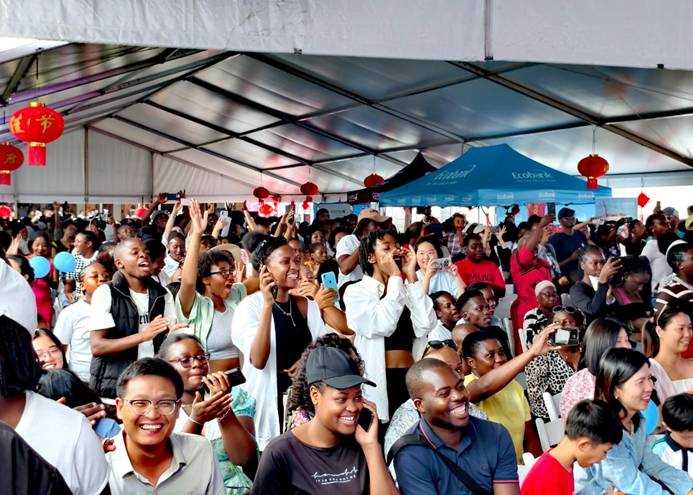
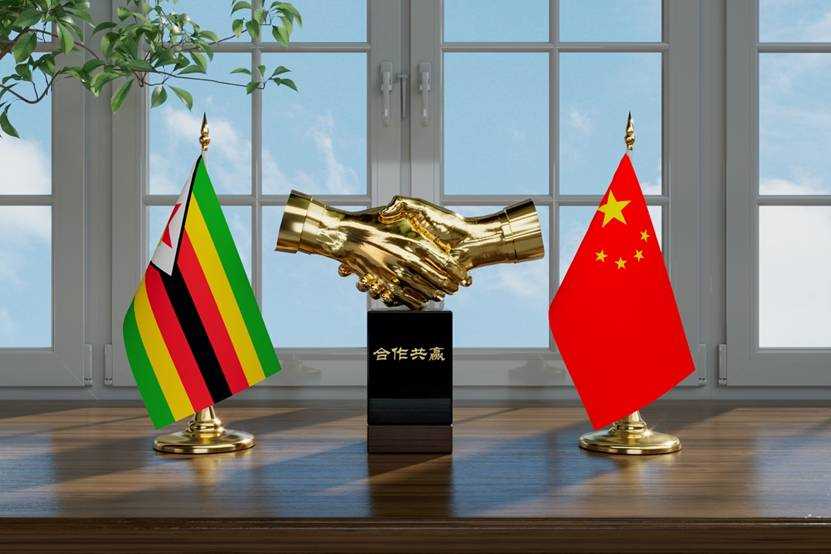



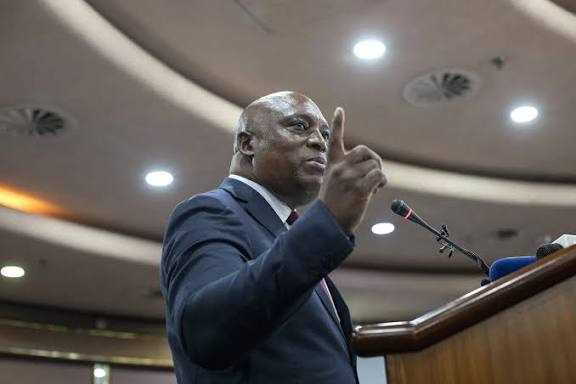
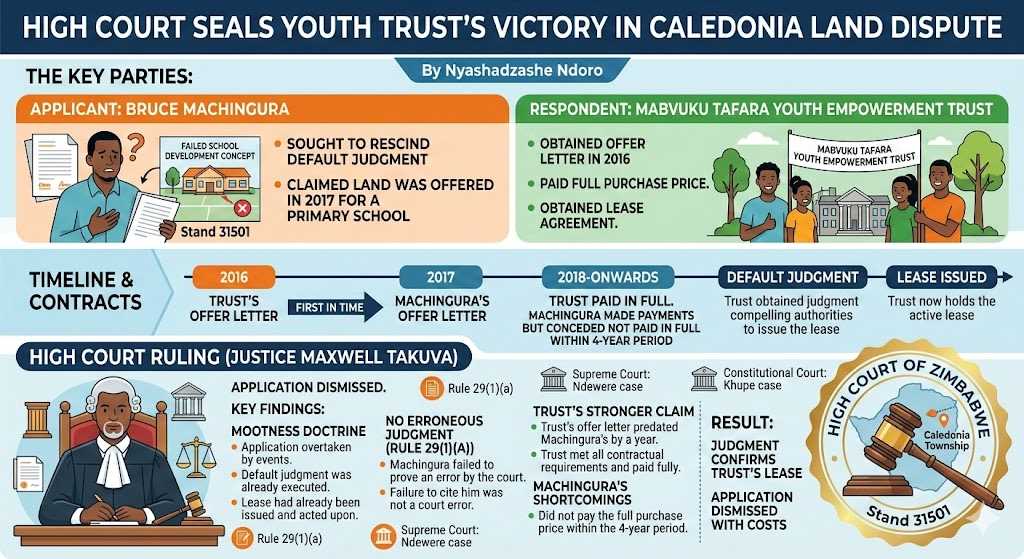
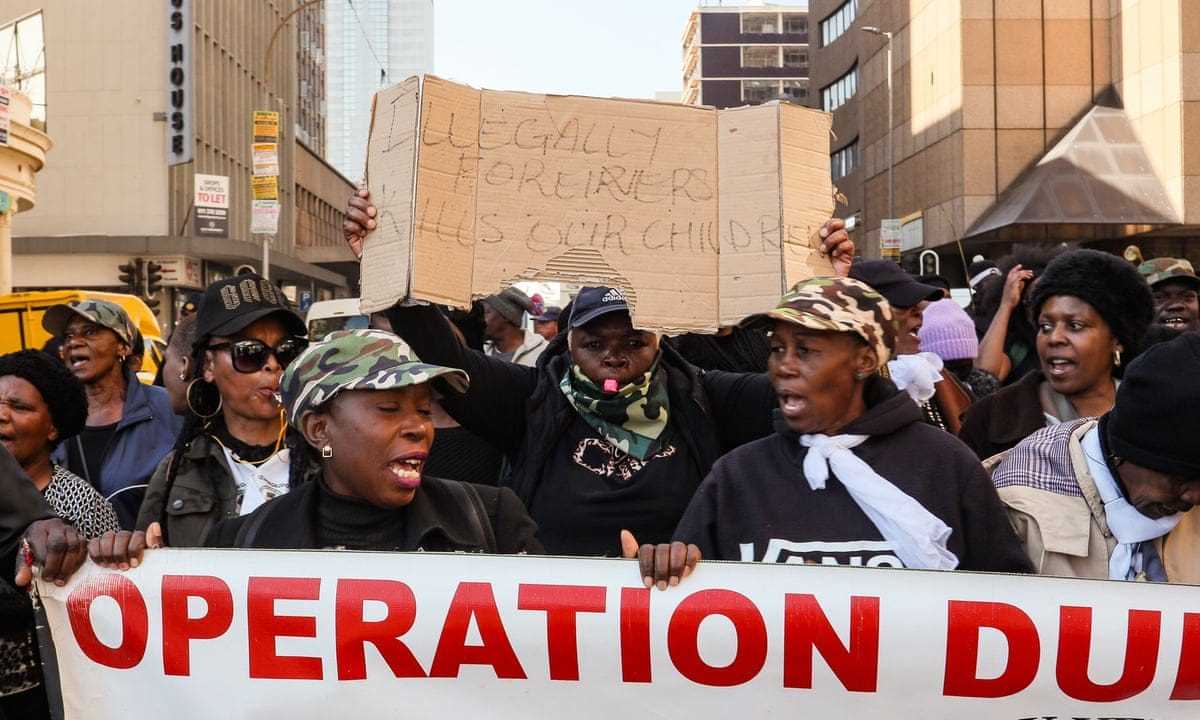


Leave Comments